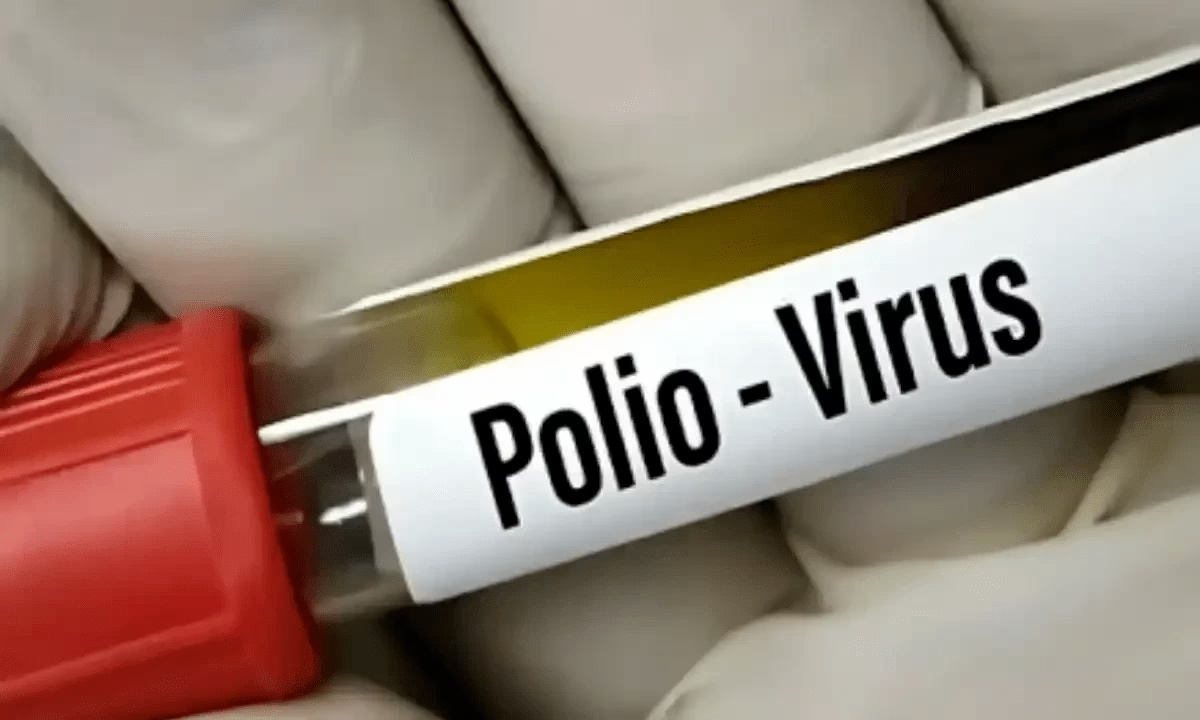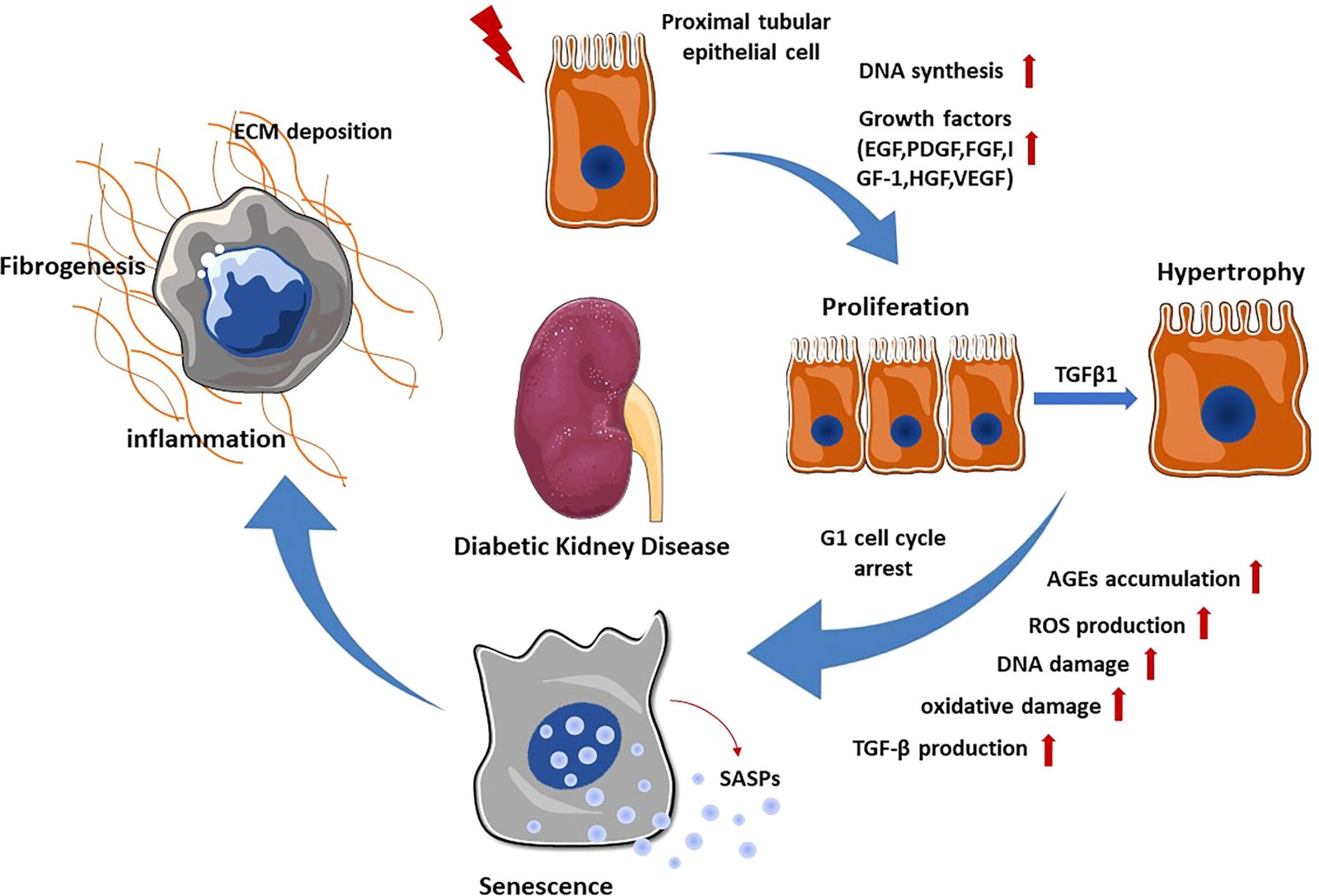Hair loss is a major concern for many men, but promising new research suggests science is getting closer to a long-term solution — one that could not only slow down hair loss but potentially prevent conditions like alopecia.
An international team of researchers from Duke-NUS Medical School (Singapore) and the Walter and Eliza Hall Institute (Australia) has identified a protein called MCL-1 as crucial for hair growth and follicle protection. Their study, published in Nature Communications, reveals that blocking MCL-1 production in mice led to significant hair loss within 90 days, highlighting its central role in maintaining healthy follicles.
Why MCL-1 Matters
Hair follicles naturally cycle between phases of growth and dormancy, but disruptions in this balance often cause hair loss. The MCL-1 protein not only drives the growth phase but also helps to “calm” follicle stem cells as they reactivate from dormancy. This calming effect protects cells from stress and damage, enabling them to regenerate and sustain hair production.
The researchers reported that deleting the MCL-1 protein caused a gradual depletion of hair follicle stem cells, ultimately leading to hair loss. They believe that boosting MCL-1 levels or finding ways to mimic its effects could lead to new treatments for alopecia and preventative therapies for male pattern baldness.
A Step Closer to Real Solutions
Though the current findings are based on animal models, the next step is to replicate the results in human clinical studies. If successful, this research could revolutionize how hair loss is treated by targeting the molecular mechanisms behind follicle regeneration.
“This study enhances our understanding of the biological processes that govern hair follicle survival and regeneration,” the researchers wrote. “It opens the door for innovative strategies in treating hair loss conditions.”
Current Hair Loss Landscape
Hair loss affects around 85% of men by middle age, with many noticing signs as early as their 20s due to hereditary male pattern baldness. Current treatments include:
- Medications like minoxidil or finasteride
- Laser therapies to improve scalp circulation
- Hair transplants, which move active follicles to balding areas
A separate study last year also found that stress responses in hair follicle cells can limit hair growth, further supporting the idea that protecting follicle stem cells is essential for maintaining hair.
If MCL-1-based therapies prove effective in humans, they could offer a less invasive, biologically targeted option for millions struggling with hair loss.



